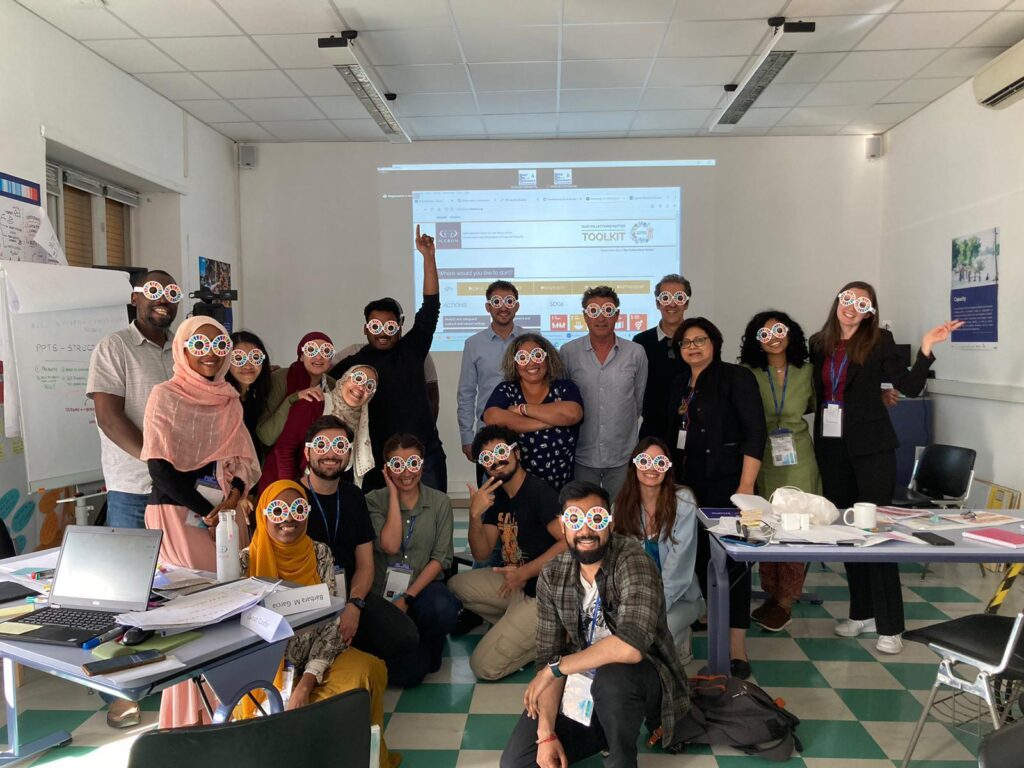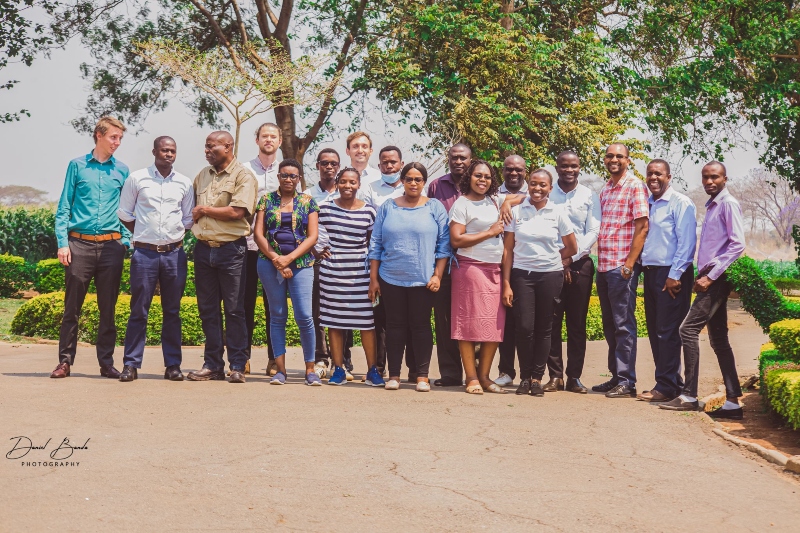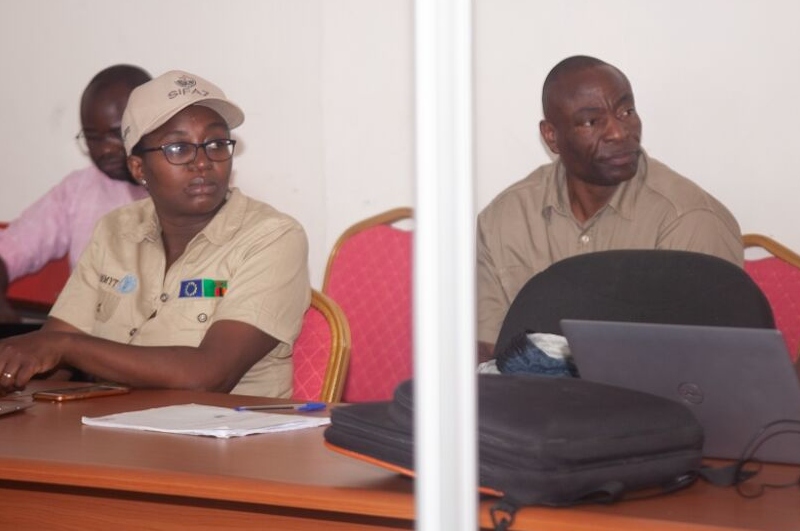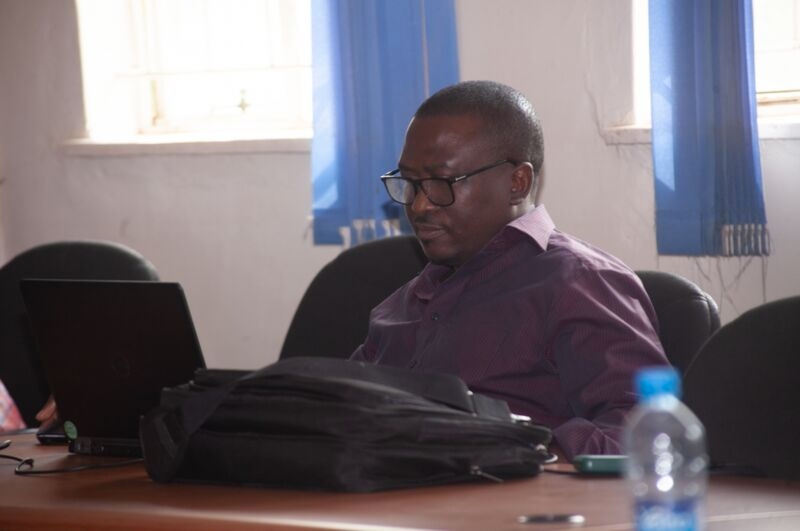Our resident Nature-based Solutions expert, Jack Beard, recently travelled to Nigeria to gather evidence to inform a forthcoming pre-feasibility assessment of the potential to develop the country’s first Watershed Investment Programme (WIP). This project is one of a growing number of engagements FutureWater is supporting for the Nature for Water Facility – an organisation seeking to scale the implementation of Nature-based Solutions to Water Security Challenges globally.
Jack travelled to Nigeria with Nature for Water colleagues from Pegasys consulting. This engagement involved visiting three states in South-West Nigeria to conduct interviews with stakeholders ranging from State Governments to private sector entities and community groups (cover picture shows a meeting with a farmers group in Ogun state). The trip included visits to Oyan Dam, Osogbo sacred grove (home of the river deity Oshun) and a community sand mining enterprise in Lagos Lagoon. The welcome we recieved from stakeholders and local partners was exceptional, with interviews and field visits uncovering some key findings relating to the key Water Security Challenges faced in the region.
We hope that this (FutureWater’s first engagement in Nigeria), is the first of many! A special thanks goes to superstar local partners from Arctic Infrastructure (a Lagos-based consulting firm) for organising meetings and logistics.




